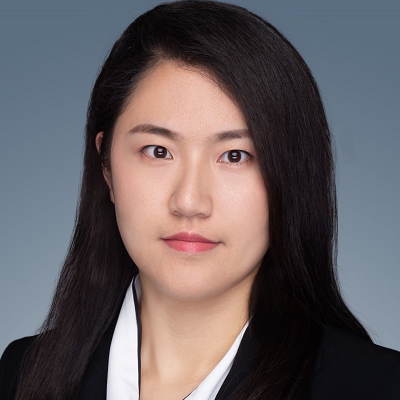
Title: Anti-microbial peptides against multi-drug resistant polymicrobial infections
Abstract:
The emergence of multidrug resistant bacterial pathogens is a growing threat to global public health. Here we report the development and characterization of a panel of novel nine amino acid residue synthetic peptides that display potent antibacterial activity and the ability to disrupt pre-established microbial biofilms. The lead peptide (Peptide-K6) showed bactericidal activity against Pseudomonas aeruginosa and Staphylococcus aureus in culture as well as in mono and mixed biofilms in vitro. Biophysical analysis revealed Peptide-K6 self-assembled into nanostructured micelles that correlated with its strong anti-biofilm activity. When surface displayed on the outer membrane protein LamB, two copies of the K6 peptide were highly bacteriocidal to Escherichia coli. Peptide-K6 rapidly increased the permeability of bacterial cells and resistance to this toxic peptide occurred less quickly than to the potent antibiotic gentamicin. Furthermore, we found that Peptide-K6 was safe and effective in clearing mixed P. aeruginosa-S. aureus biofilms in a mouse model of persistent infection. Taken together, the properties of Peptide-K6 suggest it is a promising new antibiotic candidate and that design of additional short peptides that form micelles represents a worthwhile approach for development of new antimicrobial agents.
Biography:
Wenjing Zhao Ph.D.Professor of Medical Microbiology, Awardee of National Talent Program (Youth Program), Awardee of Shenzhen High-Level Talent Plan (Leading National Talents), Awardee of Outstanding Young Talents of of Sun Yat-sen University
Dr. Zhao obtained Ph.D. degree from University of Rhode Island, where she focused her studies on the discovery of novel probiotics and the characterization of its mechanisms. After that Dr. Zhao pursued post-doctoral training at the Department of Microbiology and Immunology, Harvard Medical School, by studying the interplays among harmful microbes, commensal microbes, and their host immunity. In 2018, Dr. Zhao joins Sun Yat-sen University and the research of her group is focused on the roles and mechanisms of microbiome in human disease and the development of microbiome-editing technologies. Zhao group’s recent research has been published in Nature, Science, PNAS, Protein & Cell, ebiomedicine, and Synthetic and Systems Biotechnology.

